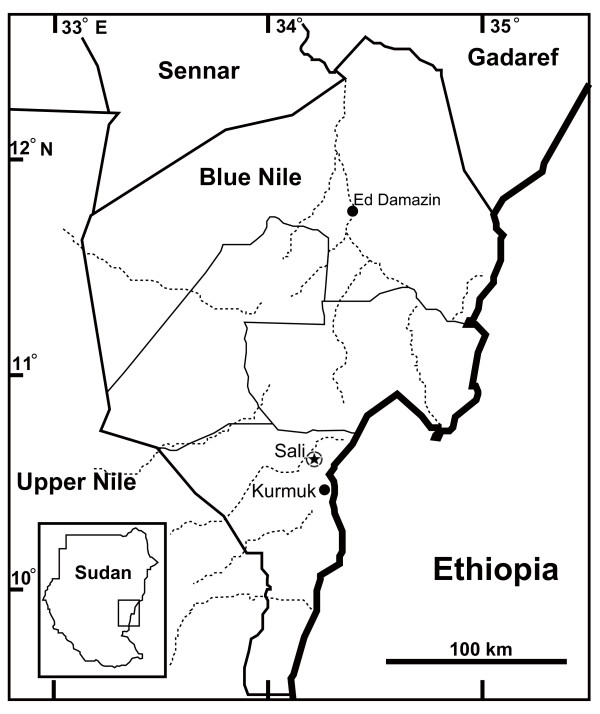Rebels reject View Taha misleading.
03-29-2013 01:58 AM
AFP
Rejected the Popular Movement for the Liberation of Sudan (North Wing), today invited Sudanese Vice President Ali Osman Taha to dialogue, and in turn called for negotiations under the decision of the UN Security Council.
He said the movement's leader Malik Agar, Taha's call is "for domestic political goals", describing it as "misleading to the Sudanese, and a sense of the international community."
He added that he is ready to start negotiations with Khartoum on the basis of UN Security Council Resolution 2064 issued in May 2012.
He called the decision to end the border dispute between Sudan and South Sudan and to negotiate to resolve their differences, especially the conflict between Khartoum and the SPLM - the north.
He considered the decision that these negotiations should resume on the basis of an agreement - framework signed by the SPLM - the north in June 2011 with the Sudanese presidential adviser Nafie Ali Nafie.
The agreement recognizes that remained a dead letter, the movement as a legitimate political party and the necessary authorities and rebels establishing a "political partnership" in the states of Blue Nile and Southern Kordofan; battles there between rebels and the Sudanese army.
Property said Taha "work to avoid" the application of this Agreement and the decision of the UN Security Council. The drug was governor of the Blue Nile before the fighting broke out in the state in September 2011.
Taha's call came for the rebels to dialogue and participate in drafting the country's new constitution,
03-29-2013 01:58 AM
AFP
Rejected the Popular Movement for the Liberation of Sudan (North Wing), today invited Sudanese Vice President Ali Osman Taha to dialogue, and in turn called for negotiations under the decision of the UN Security Council.
He said the movement's leader Malik Agar, Taha's call is "for domestic political goals", describing it as "misleading to the Sudanese, and a sense of the international community."
He added that he is ready to start negotiations with Khartoum on the basis of UN Security Council Resolution 2064 issued in May 2012.
He called the decision to end the border dispute between Sudan and South Sudan and to negotiate to resolve their differences, especially the conflict between Khartoum and the SPLM - the north.
He considered the decision that these negotiations should resume on the basis of an agreement - framework signed by the SPLM - the north in June 2011 with the Sudanese presidential adviser Nafie Ali Nafie.
The agreement recognizes that remained a dead letter, the movement as a legitimate political party and the necessary authorities and rebels establishing a "political partnership" in the states of Blue Nile and Southern Kordofan; battles there between rebels and the Sudanese army.
Property said Taha "work to avoid" the application of this Agreement and the decision of the UN Security Council. The drug was governor of the Blue Nile before the fighting broke out in the state in September 2011.
Taha's call came for the rebels to dialogue and participate in drafting the country's new constitution,




















